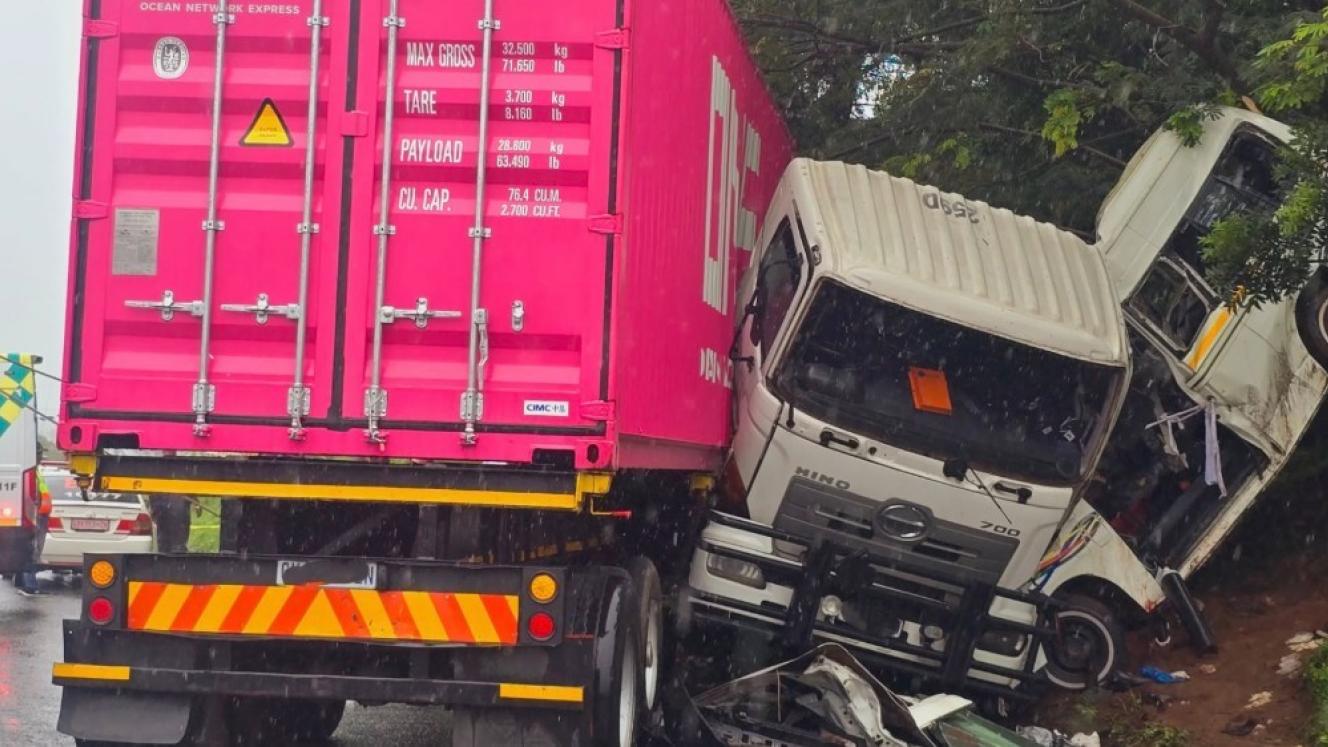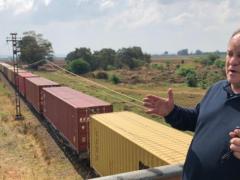CAPE TOWN, May 17 (ANA) – The tomato industry was hit hard by heavy rains in Limpopo in January and February, but one farm’s innovative methods saw it saving the day for a leading retailer.
Red Baron, an owner-managed tomato farm, has been supplying the Shoprite Group for several years and this year was able to keep tomatoes on the group’s shelves.
The group said in a statement that Red Baron’s ability to keep operating during this year’s tomato shortage had been a “boon for the company, which reported record sales”.
Red Baron’s East London location is described as being far from the traditional tomato-growing regions in the country and this has been central to its recent success. The use of greenhouses and hydroponics has further reduced the effect of climate change and maximised the output to distribute and supply.
Red Baron’s Andrew Emslie said the hydroponics system was highly water efficient and a dripper system was used, with each plant having its own bag.
He said there was no spray irrigation and virtually nothing was lost to evaporation.
Emslie said the hi-tech method of farming did not come cheap and there was little margin for error when it came to irrigation and disease control, being both labour and management intensive.
He said it was far more efficient when it came to land and water use.
“In one year we look to produce 360 to 400 tons of tomatoes in a single hectare of hydroponic greenhouse. Field-grown tomatoes get only about 50 tons a hectare,” Emslie said.
He said this approach to farming reduced the impact of weather conditions.
“The plants in these plastic-covered greenhouses are protected from wind and rain, and to a certain extent the cold. At the same time, it also significantly reduces the need for crop protection chemicals,” Emslie said.
This has allowed Red Baron’s business to grow as the number of permanent employees has increased from 60 to over 100.
Red Baron has also created 50 permanent employment positions through the Shoprite Group’s YES initiative.
“It’s great that a corporate (Shoprite Group) has chosen to get involved in grass-roots agriculture – it’s helped us maintain and grow our business, and also create jobs, which the country desperately needs right now,” Emslie said.
Quintin Paladin, the general manager for Freshmark, the group’s fruit and vegetable procurement, buying and distribution arm, said by partnering with small suppliers like Red Baron, they were able to mitigate the impact of climate change, reduce their impact on the environment, and support small businesses, all while keeping high-quality well-priced product lines on their shelves.
– African News Agency (ANA); Editing by Yaron Blecher













